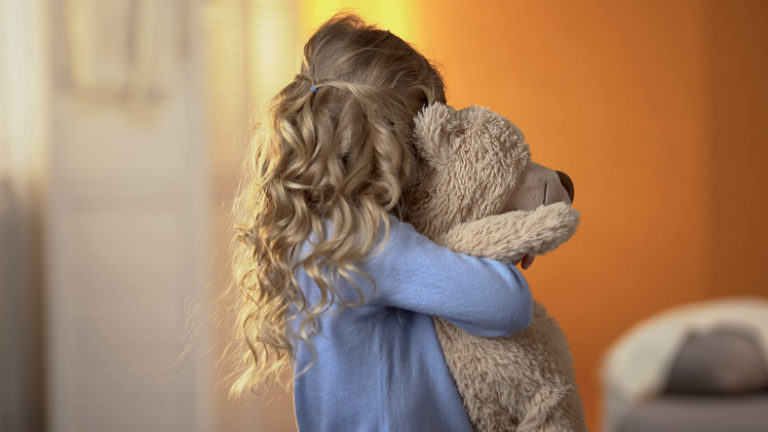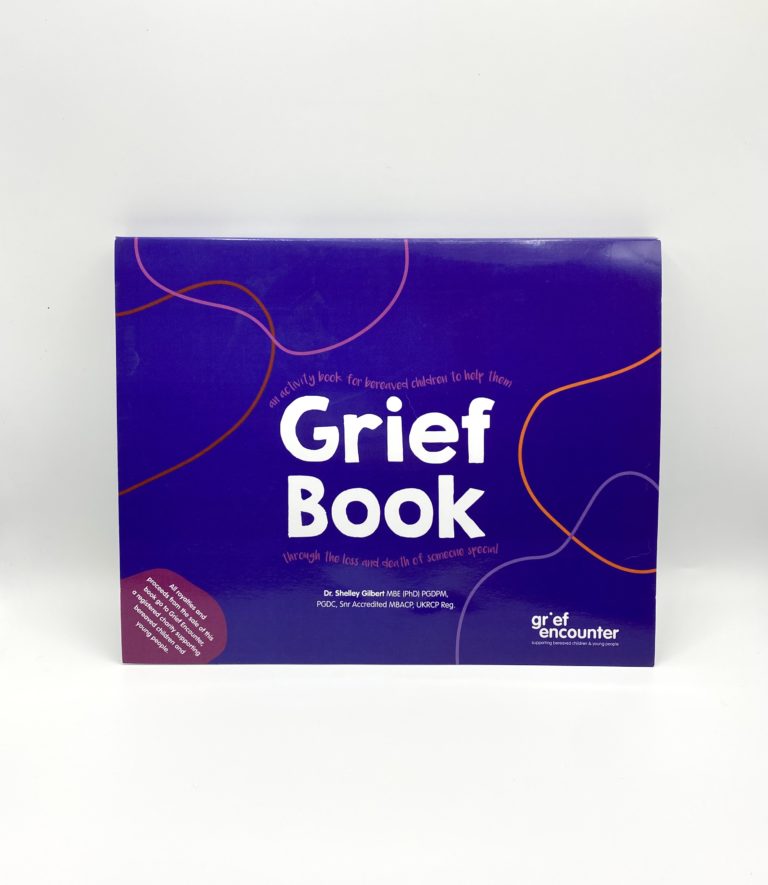
When someone really special to us dies, it can be very confusing. We feel so many different things, and sometimes all at once. You might feel sad, angry, alone, confused, happy, relieved or something completely different.
Grief Encounter has some wonderful grown-ups who can help you to talk about how you feel, draw about how you feel, think about how you feel, sing or play music about how you feel or even play with things that help you understand how you feel – which makes it feel less scary, and a little better.
You might also meet Mr Good Grief, our puppet hero, who can help you to remember the important person in your life and is wonderful at giving hugs!
If you are feeling like the odd one out, we have days where you can come and meet with other children your age and make memories about your special person with others who have also had an important person die. Making friends and knowing there are other people who understand how you feel makes if feel less lonely, and you might enjoy talking with others about what they are feeling too.
We also have groups where you can spend time over a few weeks thinking about different things, maybe making things or reading a story together with other children who understand, to help you all share your big feelings, so they become less big and less hurting. We might use a story like the ‘Invisible String’ to think about how we are still connected. Take a look with a trusted adult and see what you feel: https://youtu.be/xm7syTd9xSs
However you are feeling – it is ok and more importantly, it is ok to ask for help – that is what we are good at.
Contact Us Now




